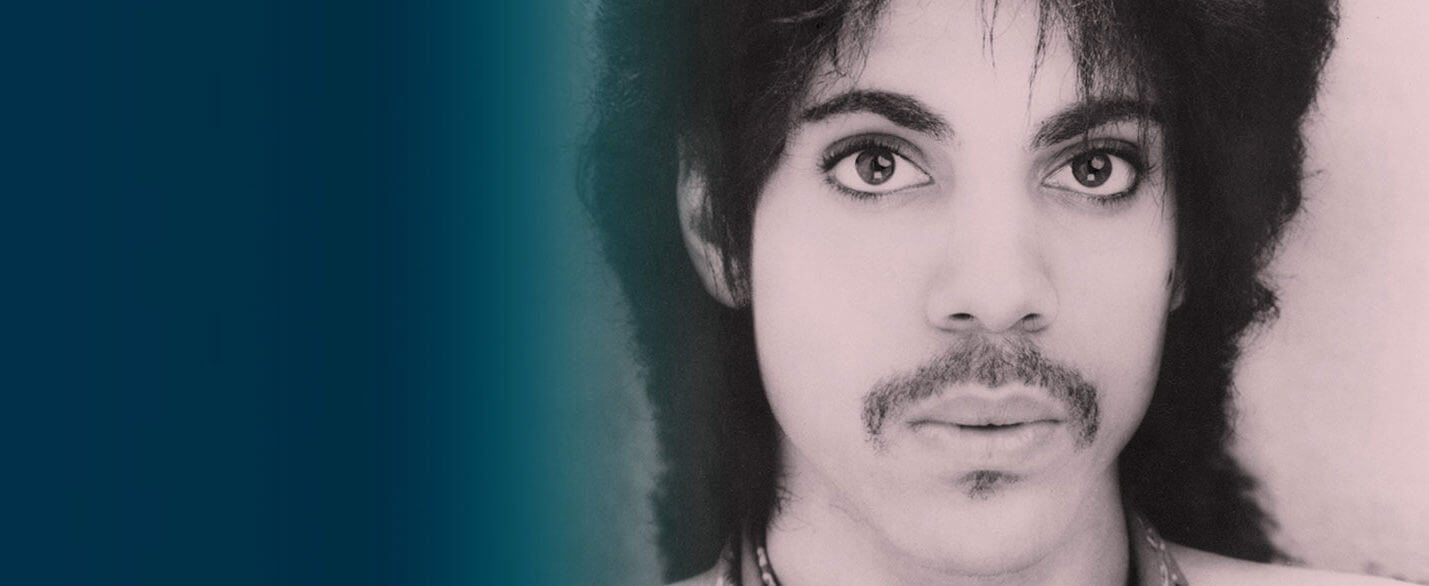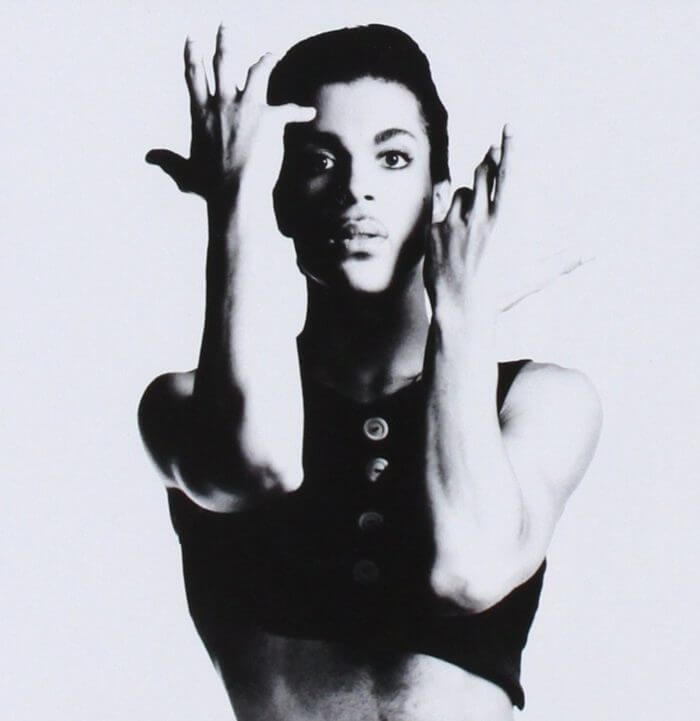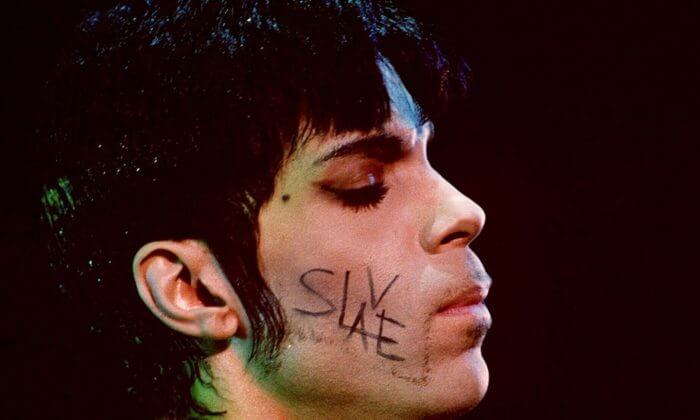What we can learn from Prince: Lessons from the Purple One
As this voracious beast of a year continues to engulf some of our most iconic and endeared figures – none more deserving of that title than Prince – it’s easy to slip into a nihilistic resignation about 2016. Maybe the Mayans weren’t wrong about the apocalypse after all? Maybe they were just four years off the mark!?
Alas, mortality is nothing if not a chance to reflect and learn, and so we look back at some of many lessons Prince taught us.
Gender and sexuality
Prince is often bunched together with other glam ‘gender-benders’ of the latter 20th century: Bowie, Bolan, Grace Jones – and rightfully so. But where the others dabbled with a touch of androgynous eyeliner, Prince totally threw gender out the window – appearing in high-heels, thongs and other risqué outfits that made his birthday-suit album cover of 1988’s LoveSexy seem overdressed. His was a sexuality by no means just implied or relegated to the sidelines – no one did, or does dirty like Prince. His song ‘Darling Nikki’, a story of “a sex fiend” he meets “in a hotel lobby, masturbating with a magazine”, topped the infamous ‘Filthy Fifteen’, a playlist of songs compiled by the Parents Music Resource Center. It was considered so scandalous that it led to the introduction of the ‘Parental Advisory’ label, that was to become an essential adornment to the album sleeve of self respecting ‘bad-boy’ (or girl) artist attempting to entice teenage interest.
“Prince totally threw gender out the window- appearing in risqué outfits that made his birthday-suit album seem overdressed”
Yet what is so refreshing about Prince’s carnal libido, and so painfully absent from today’s ‘sexy’ Top 40 dirge, is that it doesn’t diminish or belittle the sexual desires of women, or the possibility of male passivity. On ‘If I was Your Girlfriend’, Prince speculates on how much closer he could be to his lover if they were the same gender, singing in a feminine wail “could we just hang out, I mean/ Could we go to a movie and cry together?”. This is pretty revolutionary stuff, even by today’s mark, where the best we can do is a pervy Robin Thicke assuring us how big his dick is – or raging twitter debates about whether Kim K’s well-oiled derrière empowers women or not.
Work ethic & artistry
Raunchiness aside, Prince set the benchmark for artistic control in a way unseen since The Beatles reclaimed song-writing for the popular, label-attached artist. Signed at the tender age of 18, Prince has composed, arranged and produced the vast majority of his 39 studio albums (The Beatles managed 12), at times playing over 27 different instruments (Britney can’t even manage one). This ethos surely saved a good few trees, making for very concise album liner notes in contrast with someone like Beyonce, who often enlists up to 16 writers for any one track. A fierce commitment to creative control took precedence over all, and those who would obstruct or control it, did not escape Prince’s withering and often ingenious retaliation. Cracking down on any of his music appearing unauthorised on Youtube, PirateBay or any other online platform, he famously jabbed “I have a team of female black lawyers who keep an eye on such transgressions. And you know they’re sharp.”
“Prince has composed, arranged and produced the vast majority of his 39 studio albums (The Beatles managed 12), at times playing over 27 different instruments (Britney can’t even manage one).”
Artist/label power relationships also saw a radical inversion when Prince, dissatisfied with Warner’s vision for his music in the 1990s, changed his name to the irreplicable ‘love symbol’ and appeared in public with ‘slave’ on his cheek to protest his contract and the exploitation of black artistry by predominantly white record labels. This is the kind of unabashedly bold move we never see in today’s musical sphere, despite the same problem still persisting unquestioned.
Identity
Perhaps more than anything else, Prince’s legacy will teach us about the simple art of being ourselves. Even if his music isn’t quite to your taste (it’s so diverse, surely some of it was not even to his own), Prince’s death, like Bowie’s, marks the loss of someone who showed that there was no one right way to be a man or woman, straight or gay, black or white – human, in short. Prince really set the trend that only now is beginning to proliferate our collective cultural consciousness; that in an age of unprecedented access, we can, and should assimilate who or what we want to be into a blend that’s new, brilliant and beyond categorisation. Or, as the man himself said: “a strong spirit transcends rules”.



Comments